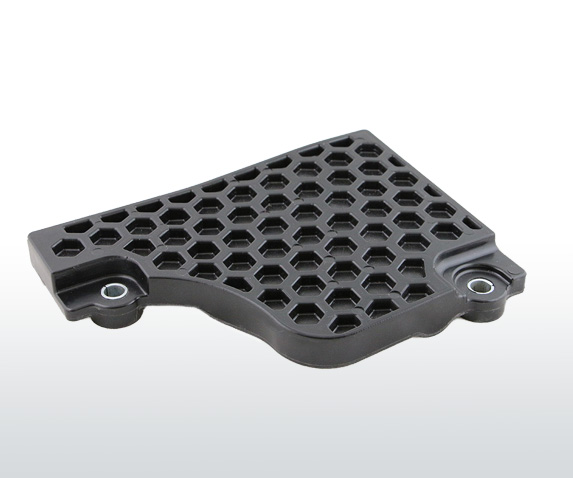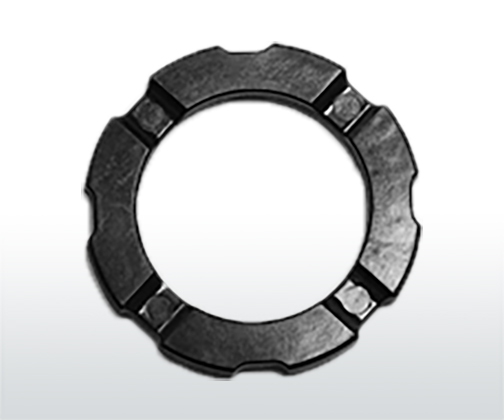Using Molded Thermosets in Automotive
As a performance-based material, thermosets offer molded components with corrosion resistance, chemical resistance, and durability within high heat and operating temperatures. This durability allows thermosets to be used in applications exposed to tough environments where thermoplastic components could degrade or compromise the safety and performance of a product assembly. Industries such as the automotive, electrical, appliance, and energy markets all take advantage of these material benefits to utilize thermoset plastics within their product offerings.
In automotive, thermoset parts are used for various powertrain and transmission components that remain durable in high temperatures, automotive fluids, and corrosive environments. Ash cups have historically been molded with thermoset materials as well. Body panels and truck beds can be molded with SMC type thermoset materials. With market trends increasing towards electric vehicles (EVs), automakers and tier 1 suppliers are using thermosets for various electrification product assemblies to lightweight and offer excellent electrical properties such as dielectric strength, electrical insulation, low arc and track, and flammability resistance for components such as electrical housings, connectors, terminal blocks, EV battery components, and others. Saving weight by using a molded thermoset offering instead of metal components are also a major benefit in helping automotive OEMs reach more stringent fuel economy requirements.
In all, thermosets offer an excellent balance of high material performance and low cost per lb. compared to similarly performing thermoplastics including nylon, ABS, polycarbonate, etc. Thermosets raw materials generally range from $1.50 per lb. up to $3.50 per lb. depending on grade and performance. Thermosets are used both under the hood and throughout automobiles and are becoming even more pertinent with advances in EVs.





Comments are closed